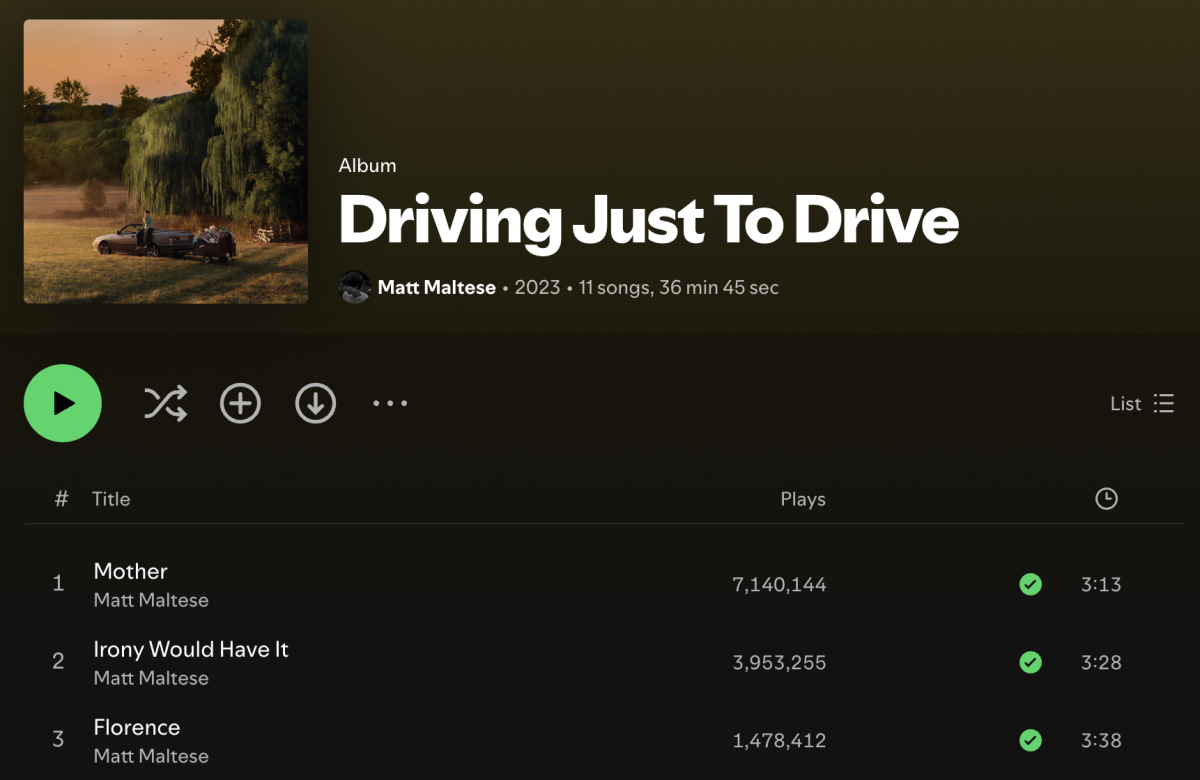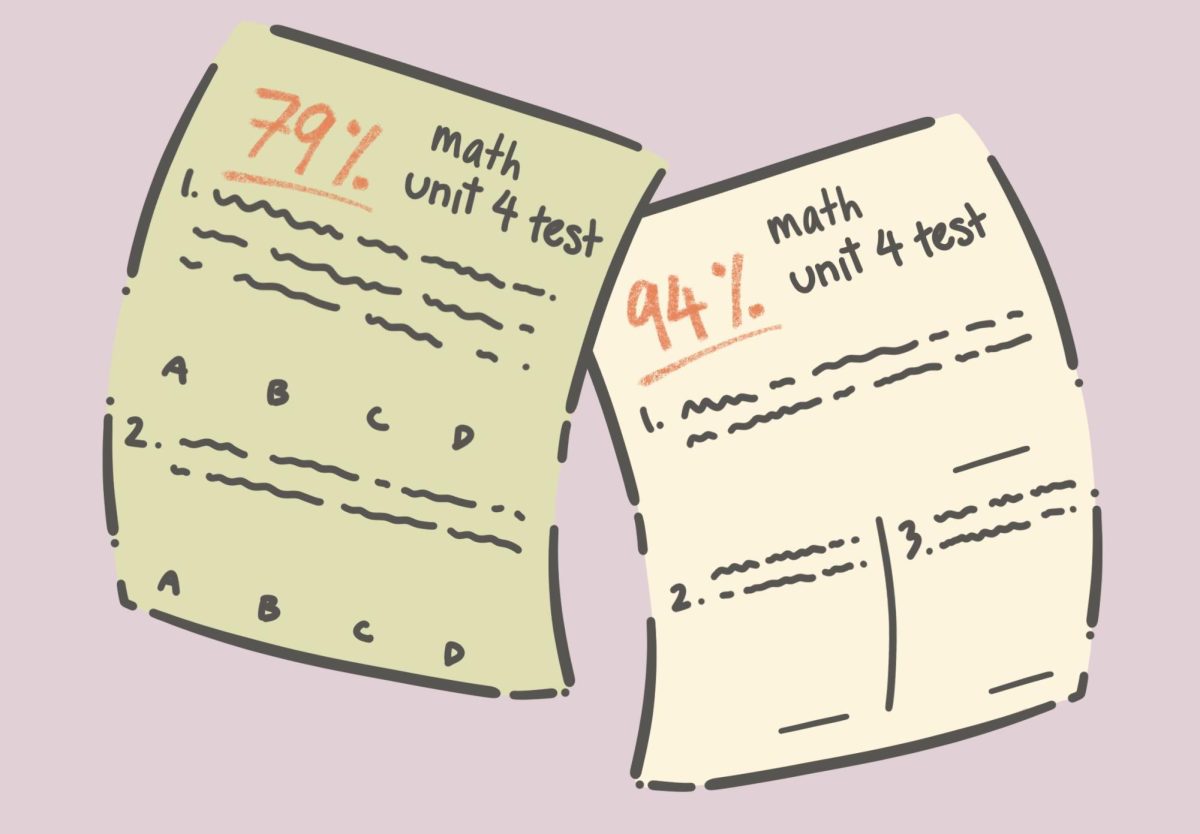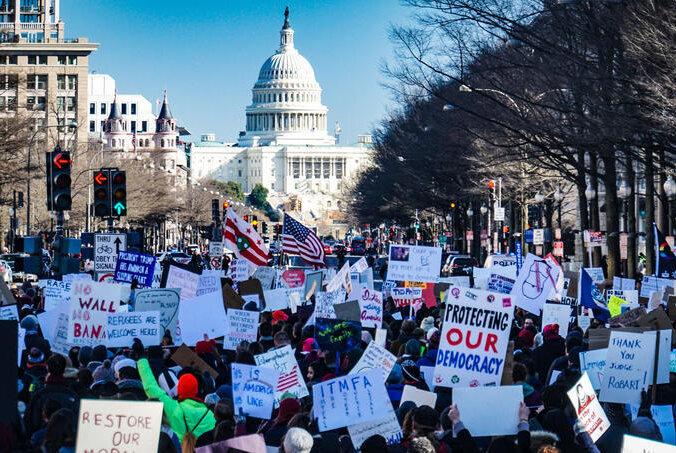A battle recently occurred between the courts and former president Donald Trump that sought to keep him off the ballot for the 2024 election. The courts of Maine, Massachusetts and Colorado alleged that Trump incited insurrection on Jan. 6, 2021, at the U.S. capitol, which should render him ineligible to run for presidential office again. But on March 3, 2024, the Supreme Court failed to issue a verdict on the charges and instead argued that the right to prevent Trump from running for office is reserved for Congress.
Regardless of whether or not the allegations are true, forbidding Trump from running for office would be an egregious error. Not only would there be immediate fallout, it would also cripple the legitimacy of our democratic process.
The allegations over whether or not Trump incited insurrection are, arguably, dubious. The Senate, which is admittedly a highly polarized body, has acquitted Trump on the count of insurrection. Furthermore, Trump’s remarks prior to the insurrection, at his 70-minute rally on Jan. 6 — which have been interpreted as a call to action — may have been misconstrued.
In order to convict Trump of insurrection, prosecutors would have to prove specific intent to overthrow the government. Not only would achieving this be incredibly difficult for prosecutors to accomplish, but it would likely rely heavily on speculation around the intent of his words and the specific effect.
In addition, the events at the capitol on Jan. 6 demonstrate the potentially disastrous retaliatory power of former President Trump’s cult following. 10,000 people gathered outside the capitol at Trump’s incendiary rally on Jan. 6. If 10,000 citizens were passionate enough to travel to Washington D.C. to protest Trump’s lawful loss in an election, how many disquieted Trump supporters would gather and revolt in response to the government barring Trump from even participating?
In order to examine the potentially devastating consequences of a court ruling preventing Trump from running, it’s necessary to investigate the state of mind of Trump voters. Many harbor a deep, oftentimes unfounded distrust of the government, complaining of fictional organizations within the government like the “deep state.” According to an NBC poll, 68% of Republicans believe Biden won the 2024 election due to widespread voter fraud. As such, Trump supporters are unlikely to lie down and accept the decision of any court that would prevent Trump from running.
In addition, preventing Trump from running would set a wholly undemocratic precedent. If Congress were to proclaim the power to prevent a candidate who commands the support of 45% of the populus from running on the basis of his inflammatory comments at a rally, it would set a precedent for courts interfering in future elections. In a time where polarization is at highs unseen since the Civil War, allowing the court to remove a presidential candidate would further increase its power which may be used in the future to attack other candidates.
In 1920, Eugene V. Debs won nearly a million votes in the presidential election despite being incarcerated for speaking out against the draft in World War I. Notably, Nelson Mandela won the South African presidency, despite being imprisoned for over 25 years —- Mandela was jailed on charges of treason, which Trump is being accused of.
While the virtues of Trump and Mandela are incredibly dissimilar — Mandela was a renowned anti-apartheid activist and freedom fighter while Trump is a foulmouthed serial liar — societal standards for what is protected by “free speech” are constantly changing. What is in one decade an insurrection, may in the next be viewed as a powerful attempt to challenge the status quo. Though Trump’s intentions in denying the results of the 2020 election were undeniably malicious, a future candidate may similarly be accused of insurrection, even if their actions were in pursuit of justice.
Although Trump has been allowed on the ballot and the crisis has been averted, the fact that it was in question in the first place casts doubt on a democracy already weakened by the election-denying actions of Trump. Although Trump’s questioning of election-legitimacy holds no water and is preposterous, for courts or legislatures to prevent him from running would lend credence to his claims and would possibly push existing divisions beyond the breaking point. To bar a candidate — especially one with the mass appeal of Trump — from running, would be an attack on the tenets of democracy that threatens the very stability of American life.





























